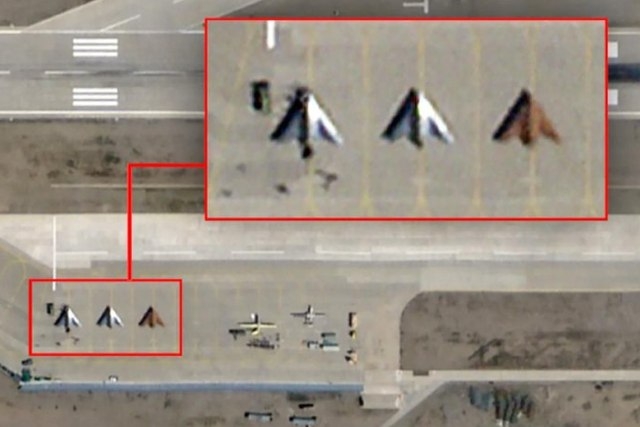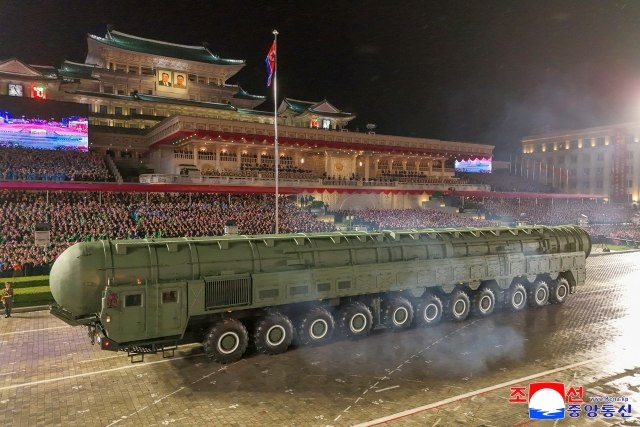US Navy Awards $103 Million Next-Generation Test Equipment Contract
Lockheed Martin has won a $103 million contract for production of eCASS, with the first stations being used to migrate existing Consolidated Automated Support System (CASS) test program sets to eCASS.
The contract was awarded following the Milestone C decision achieved by US Navy, approved Dec. 16, paving the way for limited production and installation of the next-generation device used to test aircraft avionics.
Managed by Naval Air Systems Command's (NAVAIR) Common Aviation Support Equipment Program Office (PMA-260), Sailors and Marines will use eCASS to troubleshoot and repair aircraft at sea or ashore, allowing them to quickly and efficiently return equipment to readiness status. The new support system will replace the current CASS test equipment - the Navy's standard automatic test equipment family supporting naval aircraft electronics - from the 1990s.
"More than two decades old, the legacy CASS are becoming difficult to support and are technologically obsolete," said Dennis Albrecht, principal deputy program manager for PMA-260, which is based at Naval Air Station Patuxent River, Md. "Replacement with eCASS is critical to continuing optimal and affordable aircraft readiness. eCASS will become the backbone of avionics repair across the Naval Aviation Enterprise."
With eCASS, the Department of the Navy will enable a cost avoidance of more than $1 billion annually by averting the repair of avionics at the next level of maintenance or sending the parts back to the original equipment manufacturer, said Chris Giggey, PMA-260's deputy program manager for Automatic Test Systems, who manages the eCASS effort.
"The next-generation eCASS is technologically advanced and capable of supporting the Navy and Marine Corps' current and future aircraft, such as the P-8A and F-35, which are undergoing level-of-repair analysis," Giggey said.
Six hundred and thirteen CASS stations are used by the Department of the Navy and its foreign allies for testing of aircraft electronics, including flight controls, navigation tracking and electronic-warfare support measures.
From midrange tow tractors and mobile hydraulic power supplies to jet-engine test instrumentation, PMA-260 manages the procurement, development and fielding of common, ground-support equipment and automatic test equipment that support every type, model and series of aircraft within the Naval Aviation Enterprise.









